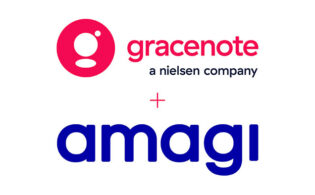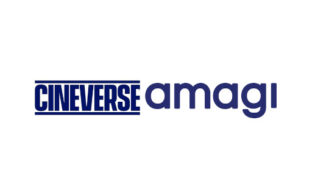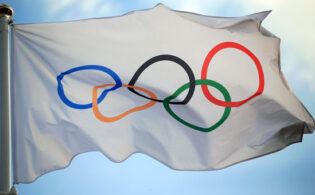NBC Olympics, a division of the NBC Sports Group, has selected Amagi to provide UHD playout with cloud automation for its production of the upcoming Olympic Games on the Olympic Channel.
Per the agreement, Amagi will deploy its cloud playout platform, Amagi CLOUDPORT, and live sports/news automation solution, Amagi LIVE, to create Olympic Channel’s live coverage in UHD. Amagi provided deep integration with NBCUniversal’s existing workflows to ensure seamless operational capability to the network’s various teams. The Olympics are taking place in Tokyo, Japan, from July 23 to August 8.
Key features of Amagi’s playout and automation solution include compute-efficient architecture with entire UHD playout on CPUs and no GPUs, containerized and componentized architecture leveraging Kubernetes, micro-services for scaling video processing on-demand, browser-based UI for real-time controls with end-to-end low latency operations, rich graphics with DVE effects including HTML graphics, live closed captioning support, live-to-VOD recording capability and end-to-end software solution including multi-view monitoring, hitless switching and 24/7 tech support.
Srinivasan KA, co-founder, Amagi, said: “NBC Olympics, along with NBC Sports Group, are together setting a shining example of how sports broadcasters can put the power of cloud technologies to create an unparalleled experience for the viewers as well as those involved in managing broadcast operations. Amagi is delighted to be their cloud technology partner and create new milestones in live sports broadcast on a global scale through innovation, superior quality and reliability.”
Anil Abraham, director of systems architecture for NBC Olympics, added: “Amagi’s support for JPEG-XS, SMPTE 2110, and AMWA NMOS along with a cloud-native software architecture combines to give NBC Olympics a powerful solution for UHD playout,” said Abraham. “It is a game-changing combination that allows for the flexibility of cloud-based remote control with the low video latencies expected for sports.”






